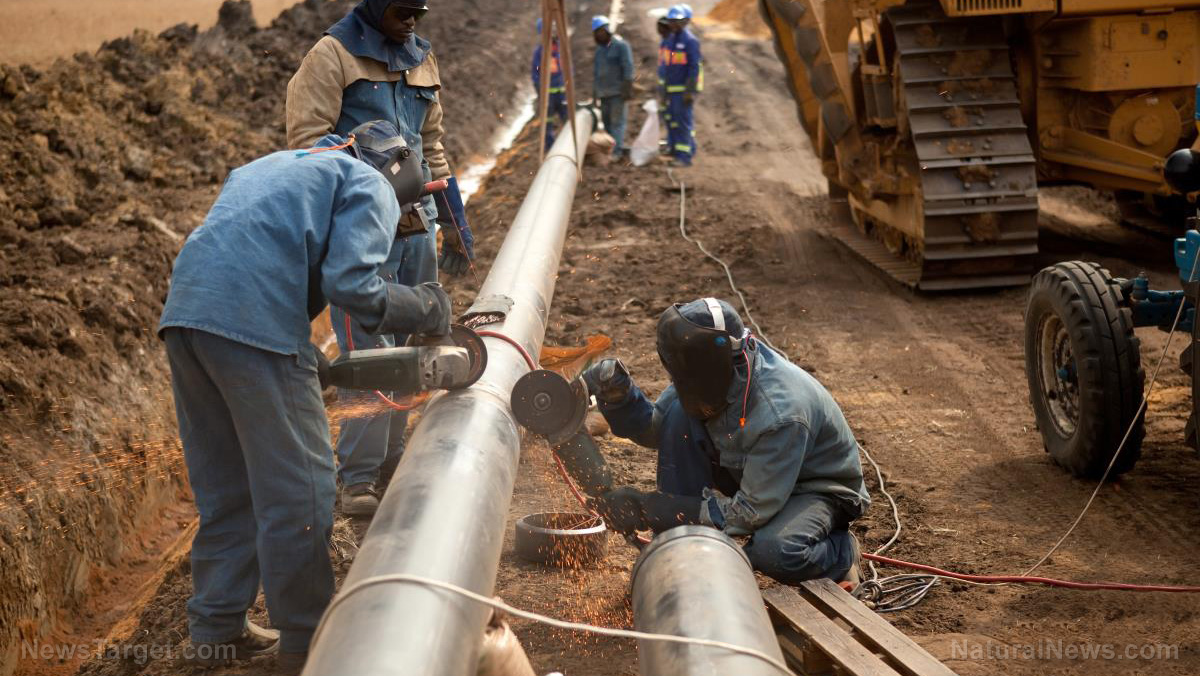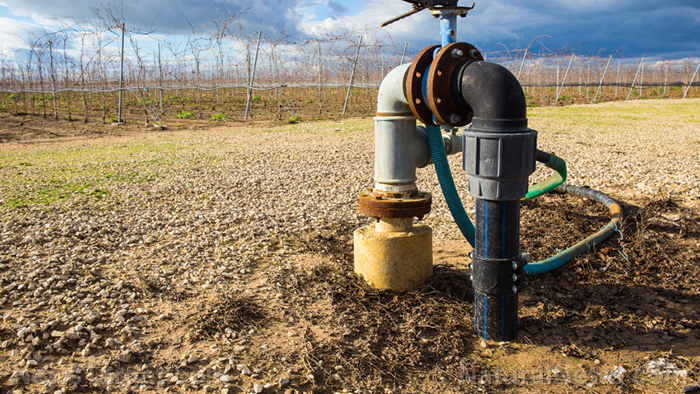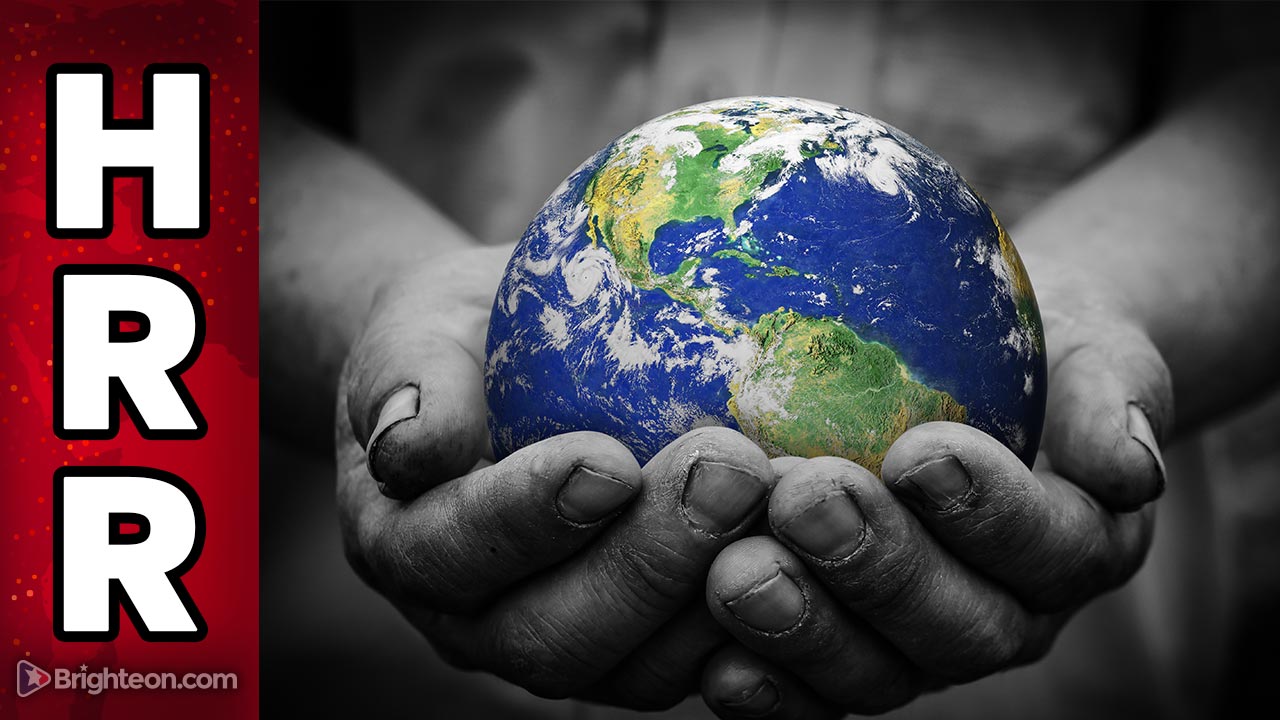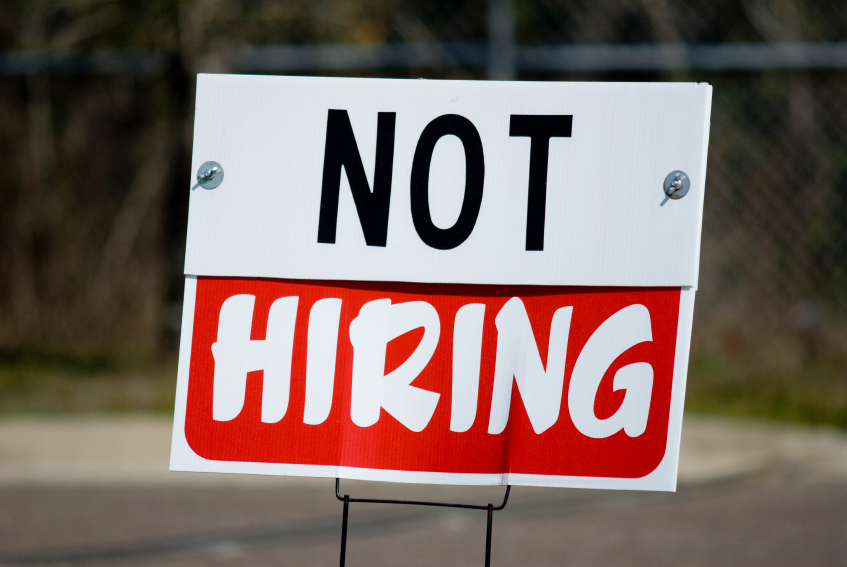Corrupt foreign entities are buying up massive “carbon-capture” pipeline project in Midwest to fight “global warming”
07/31/2022 / By Ethan Huff

A foreign corporation with a shady background is trying to build a massive 2,000-mile web of “carbon-capture” pipelines across the American Midwest. And area farmers and residents are furious about it.
Summit Carbon Solutions is reportedly trying to install the piping on private properties in Iowa, Minnesota, Nebraska, South Dakota and North Dakota to capture carbon dioxide (CO2) from more than 30 ethanol plants, liquefy it, and send it to North Dakota to be buried in rock roughly a mile underground.
The new technology, which sounds ridiculous because it is, supposedly helps to fight “climate change” and “global warming” by grabbing the natural element out of the air and plunging it deep inside the earth.
“God is in charge of the wind and the rain and the sun and – whatever amount of carbon they pump in the ground – it’s not going to change the climate,” says Colin Hoffman, a third-generation cattle rancher in Leola, South Dakota. “Nature can adapt.”
“Land landowners respect each other’s land in South Dakota. We know a fence line is a property line. We don’t go into our neighbor’s property without their permission. We don’t go digging in our neighbor’s property. Property lines mean something to us.”
Hoffman’s 3,000-acre ranch is one of the properties that Summit Carbon Solutions is vying for to install a permanent easement for a “carbon capture, utilization, and storage” portion of the project.
SK E&S pleaded guilty to wire fraud against U.S. Army
A Korean energy company called SK E&S announced back in May that it plans to invest $110 million to acquire a 10 percent stake in Summit Carbon Solutions as part of a strategic transition into more allegedly “environmentally friendly” forms of energy.
SK E&S is part of a consortium of investors contributing to the project, but it is the only one we know of that, along with its subsidiary SK Inc., pleaded guilty back in June 2020 to wire fraud.
Reports indicate that the company created a scheme to obtain U.S. Army contracts through secret payments to a U.S. Department of Defense (DoD) contracting official. It also submitted false claims to the government.
SK was ultimately forced to pay $60.6 million in criminal fines along with $2.6 million in restitution to the U.S. Army. There was also a three-year probation sentence attached to the ruling, during which SK agreed not to pursue any more U.S. federal government contracts.
In 2017, SK was suspended by the Army from all future contracts throughout the executive branch of the government.
Back in 2008, SK was caught paying millions of dollars to a fake Korean construction company called S & Teoul that then redirected the money to a contracting official with the U.S. Army Corps of Engineers. This happened under a U.S. Army construction contract at Camp Humphreys, South Korea.
“Then, to hide approximately $2.6 million in payments to S & Teoul, and ultimately to the contracting official, SK submitted false documents to the U.S. Army,” The Epoch Times reports.
“SK admitted that in April 2015, its employees burned many documents related to the contracts to hamper investigators. And the company admitted that in the fall of 2017, its employees obstructed a federal criminal proceeding by attempting to persuade an individual not to cooperate with U.S. authorities, a DOJ statement said.”
Federal government incentivizes programs like this seek to destroy U.S. heartland
SK has been involved in numerous other criminal schemes over the years, which is among the many reasons why Midwestern landowners are shocked that the company is being allowed to invest in a project that they do not even want in the first place.
“I don’t like it,” said Kathy Stockdale, a crop farmer in Hardin County, Iowa.
Stockdale says her family is facing pressure from not only Summit but also Navigator CO2 Ventures to place carbon-capture easements on her property.
“As a Christian, I believe I’m a steward of my land and can take care of it,” she added.
“We’ve worked very hard at that. And to have some out-of-country investors in Iowa farmland … As a Republican, our platform says that we do not support foreign investment or eminent domain used by private companies. So it goes against everything that is Iowa and [myself as a] farmer.”
None of this would even be an issue were the federal government not pushing these types of projects via the Carbon Capture and Sequestration tax credit program, also known as 45Q. That program pays up to $50 per ton for CO2 that is supposedly captured and sequestered.
“Construction on new carbon capture projects must begin before Jan. 1, 2026, to be eligible, so there’s an urgency for carbon capture companies to get their projects started,” the Times adds.
“The more CO2 captured, the more federal tax credits earned.”
If the Summit project is allowed to proceed – and by all appearances, it is – it will become the world’s largest carbon capture and storage project. It will supposedly have the capacity to permanently store up to 10 million tons of CO2 every year.
“At that rate, Summit would get $600 million per year in tax credits that can be used by the company and its investors to offset their tax bills, or sold to others for profit,” reports explain. (Related: NASA satellite data proves that CO2 is “greening” the planet.)
“There has been chatter in Congress about making these tax credits direct payments to further encourage such projects.”
More related news can be found at Geoengineering.news.
Sources for this article include:
Submit a correction >>
Tagged Under:
big government, big government debt, Carbon capture, carbon dioxide, climate change, CO2, corruption, crops, environment, ethanol, famine, farmland, food supply, Foreign, foreign investors, fraud, global warming, harvest, midwest, pipeline, propaganda, rigged, scarcity, science fraud, starvation, Summit Carbon Solutions, twisted
This article may contain statements that reflect the opinion of the author
RECENT NEWS & ARTICLES
COPYRIGHT © 2022 Scarcity.news
All content posted on this site is protected under Free Speech. Scarcity.news is not responsible for content written by contributing authors. The information on this site is provided for educational and entertainment purposes only. It is not intended as a substitute for professional advice of any kind. Scarcity.news assumes no responsibility for the use or misuse of this material. All trademarks, registered trademarks and service marks mentioned on this site are the property of their respective owners.




















